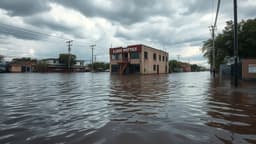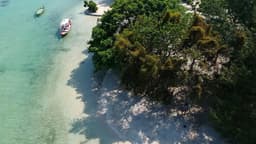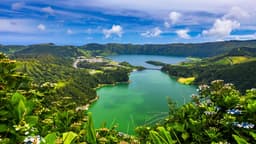Home / Environment / Indonesia's Growth Drive Accused of Causing Deforestation and Dispossession
Indonesia's Growth Drive Accused of Causing Deforestation and Dispossession
17 Oct, 2025
Summary
- Activists allege Indonesia's "eco-city", mining, and farming projects are causing deforestation and dispossession
- Indonesia's "job creation law" faces legal challenges over its "national strategic project" designation that fast-tracks major infrastructure
- Indigenous communities in South Papua and Riau Islands provinces face displacement and intimidation due to these projects

As of October 17, 2025, Indonesia's efforts to spur economic growth through a range of ambitious projects have come under intense scrutiny from environmental and human rights activists. The government's "eco-city", mining complex, and massive food and biofuel production initiatives are part of a deregulation campaign that began in 2020 with an "omnibus law" aimed at boosting investment and creating jobs.
However, this law had to be revised just three years later after parts were ruled unconstitutional. Now, the 2023 "job creation law" that replaced the omnibus law is facing fresh legal challenges from environmentalists and rights activists who claim the drive does little to help ordinary people and is instead being "used as a pretext to legitimate big industrial projects."
At the heart of the controversy is the "national strategic project" (PSN) designation, which allows the government to fast-track major infrastructure and speed up investment by replacing environmental assessments with a simple "commitment letter" and limiting input to those "directly impacted." Critics argue that this has led to projects with minimal domestic benefit, including industrial zones managed by foreign companies, and has allowed developers to override environmental and rights protections.
One of the most prominent examples is a campaign in South Papua province's Merauke region, which some environmentalists dub the world's "largest deforestation project." This program aims to plant several million hectares of rice and sugar cane for food and biofuel, but has "clearly displaced the territory of Indigenous communities, without any meaningful consent," according to an NGO. The military's heavy involvement in the region has also caused tension.
Elsewhere, several thousand residents of Rempang in Riau Islands province face eviction for an "eco-village" where Chinese investors will manufacture glass and solar panels. Affected communities have reported intimidation, unfair compensation, and environmental damage linked to these "national strategic projects."




